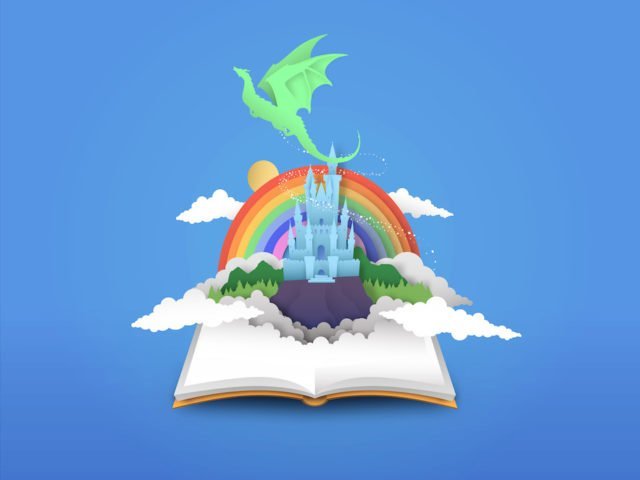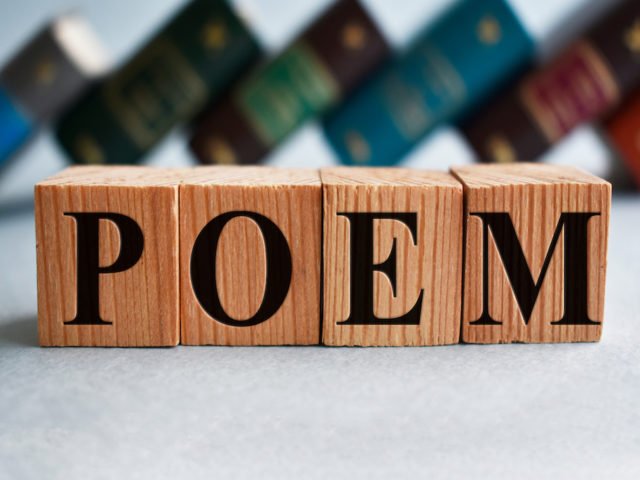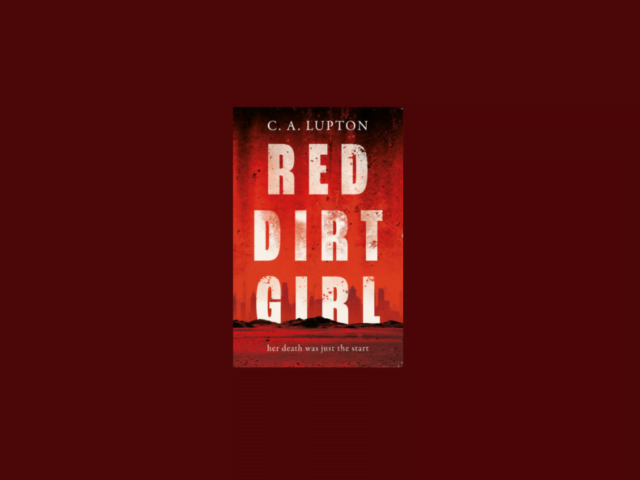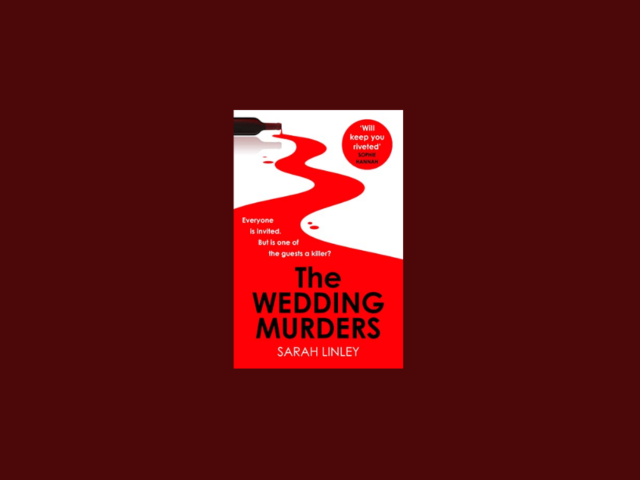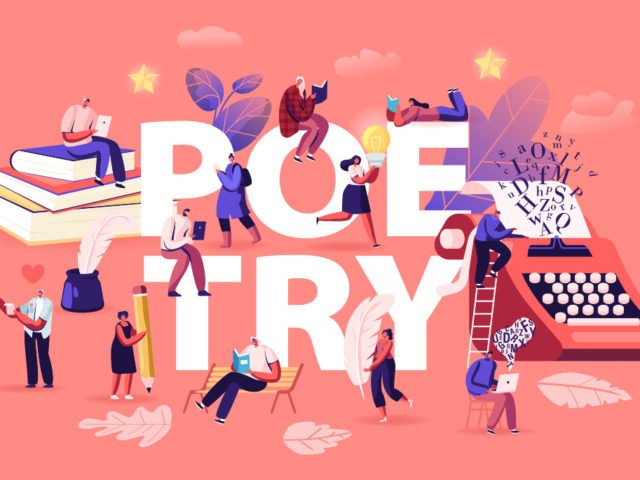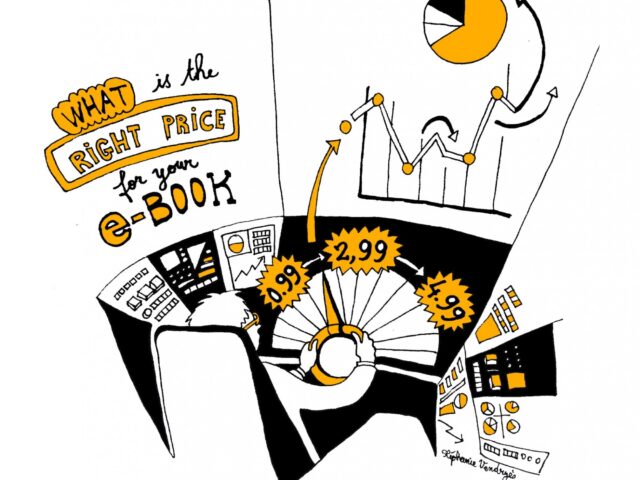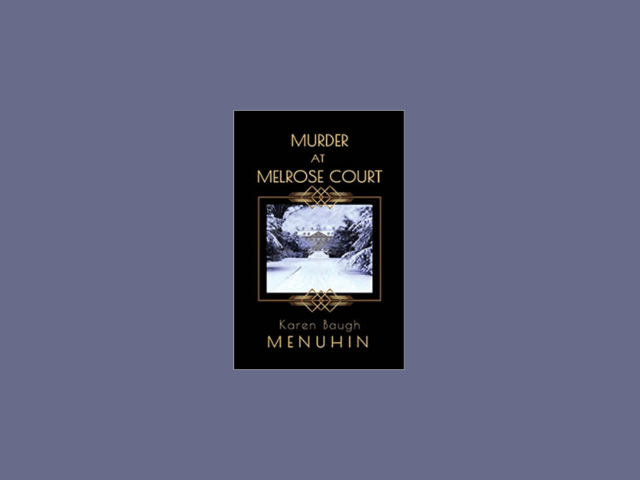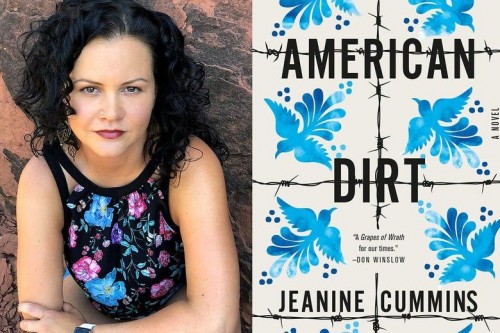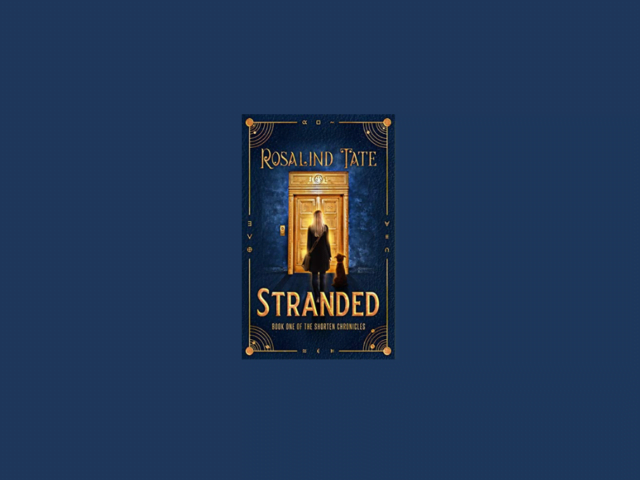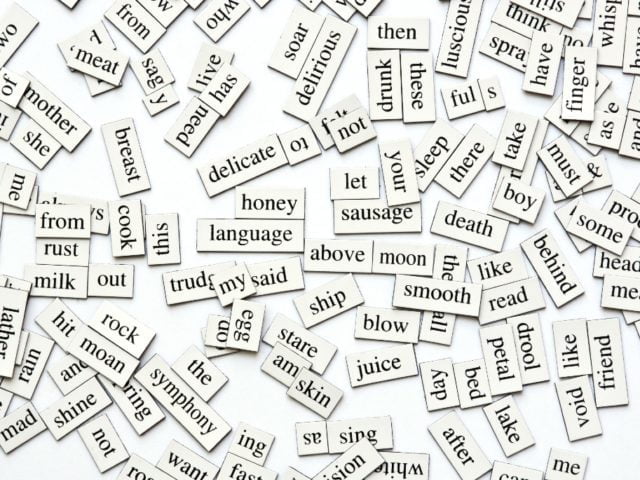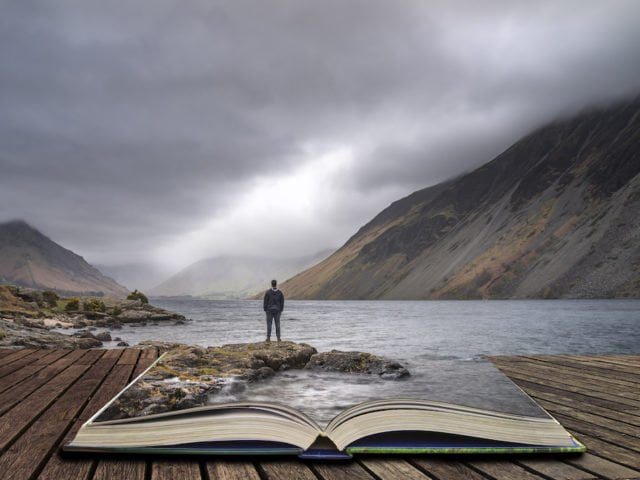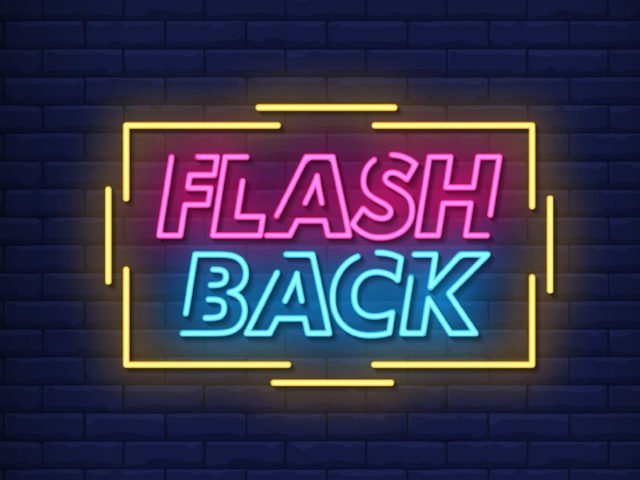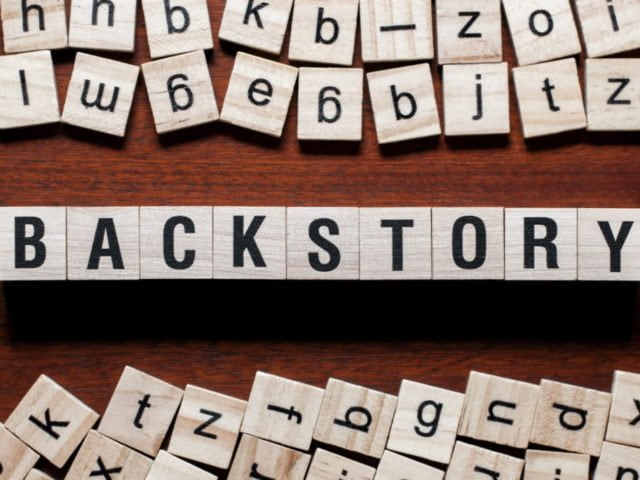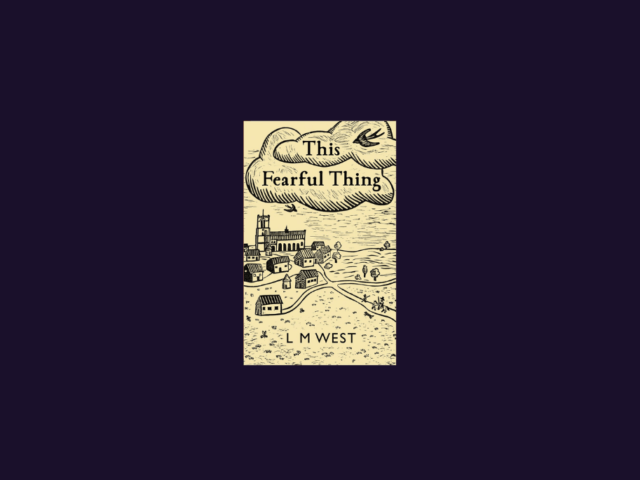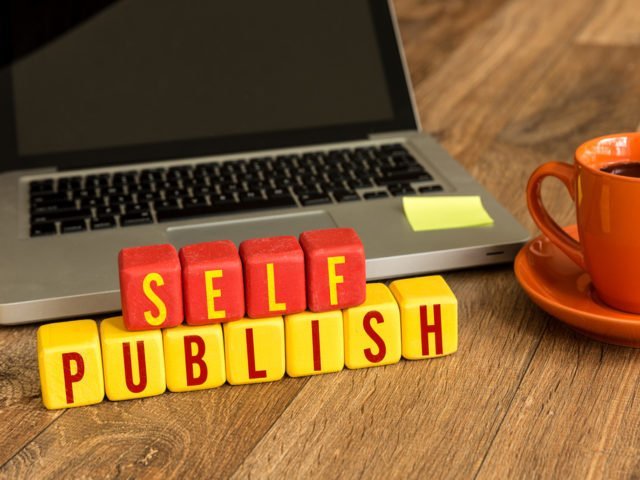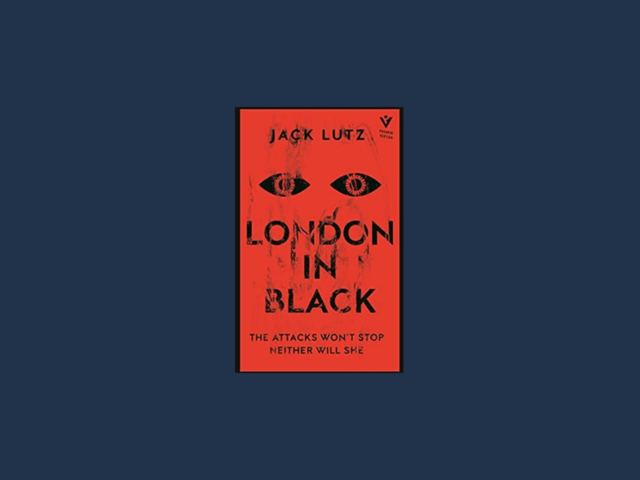Whether you\'re writing a book for the first time or this is your tenth attempt, at some point on your writing journey you will ask yourself - \'How long does it take to write a novel?\'
And the answer is...as long as it takes.
Although this is generally the answer to how long anything creative takes to achieve, if we stop right here this would be a very short and unhelpful article. So let\'s keep going.
As an author of six published novels and counting, and having been traditionally published, self-published, written with co-writers and solo, over the last ten years I\'ve learned the hard way how long it takes to write a full length novel, a short story, and a novella.
In this article I will be explaining what it takes to write a novel, the process of going from idea to bookstore, how you can better your chances of writing faster (without lowering the quality or getting too overwhelmed), and - to make us all feel better - we\'ll take a look at famous books and their authors and see how long they took to pen their masterpieces.
So, let us start at the beginning...
How Long Does It Take To Write A Novel?
Some of the world\'s bestselling books have taken a mere number of weeks to come into existence, others have taken decades. On average, if you\'re already an experienced author with a few titles under your belt, you can write a good-enough-to-send-to-your-editor draft within 6-18 months. But there are many factors at play as to how long a book takes to write, and you won\'t know what your own speed is until you reach The End of your first novel.
Also, please don\'t think that when someone says it took them a month to write their book that it means it took just four weeks to go from idea to publication. What that normally means is that it took them four weeks to get all the words down on paper, because many books start as as a little seed of an idea that grows and grows years before the first word is written. And then, after you\'re done with your very first rough draft that took a month to jot down, you still have a long way to go until your book is of a good enough quality to query an agent with, or send to your editor...let alone publish!
So, talking of publishing, let\'s take a look at the entire process before I explain to you how you can write your novel in record time.
How Long Does It Take To Publish A Book?
In this section I\'ll be talking about the traditional publishing route.
When you self-publish a novel, the process can be a lot quicker. When my co-writer and I sat down to write our self-published Caedis Knight book, Witches of Barcelona, we didn\'t start writing it properly until Christmastime and it was available to buy by late March. Now, I\'m not recommending you do that yourself if it\'s your first rodeo ride...but we are experienced authors, this was a 70k word genre novel, and our quick-release business model meant we had four books a year to produce. So writing and publishing a decent book in three months IS possible because when you self-publish it\'s totally up to you how long you take.
But traditional publishing takes a lot longer!
If you are starting from scratch, with no book deal or agent, then you may take up to a year or more to write your first book. You then need to ensure you\'ve run it past beta readers, maybe an editorial service, and then you start querying agents. If you\'re lucky enough to land an agent, they will then have some revisions they\'ll want you to do. This can take weeks or months (depending on how many edits and how fast you are). Once the agent is happy with the book, it then goes on submission. That means the agent sends your completed manuscript to various editors at various publishers to consider - hopefully leading to a book deal. That too can take anything from a month to a year. Or, as in some cases, you may not even get picked up. This is why it\'s wise to always be working on your next novel.
If you do get a publishing deal (hurray!) then it can take weeks to sign the paperwork, and then a publishing date is set. This can be anything between 12 months to 2 years from signing your contract. In that time you will work with your new editor on various rounds of edits, they will design a cover, and you will be expected to assist them on their marketing plan. And, hopefully, you will have started working on the next book to speed things up.
All in all, going from having an initial book idea for your first novel to standing in a bookstore holding your book in your hands, the entire process can take years!
Let\'s do the maths...
Writing a book - up to 12 monthsQuerying agents - 3-12 monthsGoing on sub - 3-12 monthsPost deal edits leading to release date - 12-24 monthsThat means, if you\'re just starting out on your writing journey, with dreams of being traditionally published by a top publisher (ie one that can only be approached via an agent), you are looking at anywhere between 2.5-5 years from idea to book store.So, along with needing knowledge, persistence, resilience and lots of time to write a book...you also need a lot of patience!
Now let\'s go back to writing that book and see why some books take longer than others.
Why Each Book Takes A Different Amount Of Time
As you will see at the bottom of the article, some famous novels took a matter of weeks to accomplish while others took over ten years. Why? If your average book is 80-100k words, why do some take longer to write than others?
With my own books, I\'m always shocked how fast some take to write and how others remain simmering away on the back-burner for years. There\'s no exact reason for this, but always having a few projects on the go at once certainly helps keep the frustration at bay and gives your muse some space to breathe.
Here are 4 other reasons why books are written at different speeds:
How Much Time Can You Spare?
Let\'s start with the most obvious reason why a book may take more or less time to write.
It\'s all very well when a successful writer says anyone can write a novel in a month. That\'s not true. If you know what you want to write, and you can spare 2-3 hours of uninterrupted time every single day for four weeks, then maybe you will get a decent first draft down on paper. But not everyone has that luxury!
If you are planning to write your first book and you also have a full-time job, care for kids and family members, have dependants (including needy pets), have physical or mental health limitations, or you don\'t have the support network to help you carve out time for yourself...then, no...you can\'t comfortably write a book in a month without potentially making yourself ill.
That\'s not to say \'I don\'t have the time\' is a valid excuse to not write a book. A lot of people do have the time, they just don\'t want to sacrifice other things to make time. But for those who can only spare a few hours a week to write, then it will take longer.
And that\'s fine.
My debut novel took three years to write as I was working every day and juggling two sleepless toddlers with very little time to sleep (let alone write). Ten years later, the first draft of my latest book took just four weeks to write because those kids are now self-sufficient, I work part-time, plus I know what I\'m doing.
So don\'t beat yourself up. Work at your own pace.
Are You A Pantser Or A Plotter?
How you approach the foundations of your novel makes a big difference to speed. If this is your first book, it will probably take longer to write than your next novel as you are learning as you go. Most new writers are pantsers...that\'s to say they\'re making up the story as they go along (flying by the seat of their pants, as it were).
What\'s wrong with that? Nothing. But, for a story to be good, it needs structure. If you plot your novel before writing it, knowing exactly (OK, more or less) what happens at what stage, you are more likely to be able to get your butt in a chair and churn out each chapter in the right order.
Pantsers, on the other hand, discover the plot of their book as they go along, which can result in lots of deletions as well as chopping and changing sections. This also applies to research and data gathering. Doing as much as you can before sitting down to write your first word can help speed up the writing time.
Although all that planning and plotting still counts as writing your book!
What Genre Are You Writing?
Writing a fantasy series is hard. Writing a romance novel is hard. Writing for children is hard (yes, even picture books). Writing any kind of book well is neither easy nor quick - but some do take longer than others.
Writing a high fantasy novel of 140k words, for instance, where you have to create an entire world with magical lore, a different language, as well as invent customs and brand new monsters, can take a lot longer to research and plan than, say, a middle grade contemporary book of 55k words.
Likewise, historical fiction can also involve a lot more research than, say, a rom com you are setting in your home town.
And non-fiction, like a memoir or biography, can take longer to put together in terms of data gathering than a non-fiction book on how to communicate with your cat. Maybe.
So, once again, go easy on yourself. I\'ve been nearly three years gathering information and working on snippets of my 17th century historical fantasy novel - whereas my contemporary thriller took no time at all to write. Neither is better or worse in quality, it\'s simply easier to write about what I already know.
How Fast Can You Type?
This may sound like an obvious reason for taking a long time to write a book, but not being a fast typer can really slow you down. As can writing it all in a notepad first, or (and I know some people enjoy this) using a typewriter or your phone to write on. Ultimately, your novel needs to end up as a Word document when sent to agents/publishers. So if you want to speed things up, get used to sitting in front of a laptop all day and get your head around how they work.
So now you know how long it takes to publish a book and why you may take a while to write one, let\'s take a look at how many words your average book is and work out how long it will probably take you to write yours.
How Many Words Are In A Novel?
How long does a book have to be? Well, there\'s no precise law, but to be considered by an agent and edit you do need to know what your word count should be. And to discover how many words the average book has we need to look at what type of book it is.
Here\'s a simple guide of word count by genre. Remember, no matter how wonderful your book is it may still be turned down by agents simply because it\'s 200,000 words long. Don\'t be that person. Do your research and ensure your word count fits your genre:
Adult Fiction
Literary and Commercial Fiction: 80,000-110,000
Romance (inc rom com and historical): 80,000-100,000
Category Romance (ie paranormal romance, cowboy romance etc): 40,000-75,000
Mystery, Suspense and Thriller: 70,000-110,000
Sci-Fi and Fantasy: 90,000-125,000
Historical: 80,000-120,000
Children\'s Books
Contemporary Young Adult: 65,000-80,000 words
Fantasy Young Adult: 75,000-90,000 words
Middle Grade: 20,000-50,000 words
Chapter Books: 4,000-10,000 words
Early Reader: 200-3,500 words
Picture Books: 400-700 words
Nonfiction
Nonfiction: 50,000-80,000 words
Self-help and How-to books: 40,000-50,000
Memoirs: 80,000-100,000
Yes, you will always find exceptions to these rules - but to be on the safe safe, stick to the correct word count!
How Much Can You Write Per Day?
The average writer, typing at a decent speed, can write1,000 words every hour or two (including the odd bit of research or proofreading). Can you spare an hour or two a day to write? If you can, then with just 1,000 words a day you could reach the end of your first draft in a couple of months.
Here\'s some more maths to consider...
30,000 – 50,000 words: 1000 words/day = 30 – 50 days
50,000 – 80,000 words: 1000 words/day = 50 – 80 days
80,000 – 100,000 words: 1000 words/day = 80 – 100 days
Tips On Writing A Book Quickly (And Well)
With my latest book, I went from initial idea to going on submission with the agent of my dreams in just six months. I know! Totally beyond my wildest dreams!
How? Because a) it was my twelfth book and I\'ve learned a lot of things along the way and b) I was meticulous with my approach.
The timeline for my feminist thriller book looked like this:Aug 2021: I had a great idea that I knew was commercial and uniqueSept-Oct 2021: I plotted the entire book using the Save The Cat beat method, used lots of post it notes, and mapped out what was to happen chapter by chapter.Nov 2021: I took part in NaNoWriMo and wrote one chapter per day (1.5-3k words) from 6am-8.30am every morning before work. In one month I had 30 chapters and a rough 72k word first draft.Dec 2021: I edited the book and sent it off to my beta readers to read over Christmas.Jan 2021: Early January, after getting feedback, I edited it again and it was complete at 85k words. I was ready to start querying!Then, by a fortunate twist of fate, my dream agent saw my author friend\'s tweet singing my book\'s praises, asked to read it, and within three days offered me representation. This time around (I\'d failed to get an agent with two previous books over the course of two years) my querying process was very fast and unusual. Yours may take months.
Yet, if you have the time and tenacity, my writing process can easily work for you too.
Here\'s How You Can Go From An Idea To Querying In Six Months:
1. Get your life in order and make space
To avoid unnecessary stress and pressure, before starting your novel it\'s always best to carve out some time in your life. Be it getting up an hour earlier each morning, forfeiting nights out with friends, or letting your family know that Sunday mornings are writing mornings - whatever it takes, have strong boundaries and take it seriously. If you don\'t, you will cause tension in your relationships and be too hard on yourself. Writing needs to become part of your routine.
2. Find an accountability partner
It doesn\'t matter how you do this, but being accountable helps. When I started my latest book I told my closest author friends and I started a thread on Twitter. I\'m sure no one actually cared how many words I did that day, but imagining people waiting for me to update them each day helped keep me motivated.
3. Set deadline dates
Next, tell yourself how many words you will write each day/week and what stage of your book you will reach on what date. You may give yourself six weeks to research, or a month per chapter, whatever is realistic. Then stick to it.
4. Research, plan and plot in advance
How long does it take to write a chapter by chapter outline for a novel? That\'s up to you, but personally I love to have a plan before I start writing. So if it helps you, write out a character profile for all the protagonists and antagonists, get your rising action in place and all your beats plotted, decide the word count and chapter number in advance so you can roughly work out what happens when, and even create a Pinterest board for visual inspiration. Whatever gives you the confidence to get started.
5. Stick to your daily word count
And now write! Some people like to go back and edit each chapter as they go along before moving on to the next, some authors write out of sequence, others plough through the first draft without looking back and don\'t revise until they reach the end. However you do it, get your ass in that seat and get your word count down on the days you said you would. Even fifty words a day adds up to a book eventually (4.3 years to be precise).
6. Celebrate each goal
This part is important! Whether you give yourself a tick on your list, a sticker on your bullet journal, or allow yourself to watch the next episode of your favourite Netflix series after each writing session - whatever it takes, keep giving yourself a pat on the back.
Some authors even like to put a dollar/pound in a jar after they\'ve written each chapter, and then go on a book-buying spree to celebrate their first draft, while others spend it on a night out.
Ultimately, you\'ve written a whole book in the time you gave yourself so CELEBRATE! You\'ve done something very few ever manage to do!
How Long Does A Bestseller Take To Write?
And finally, in case you need more reassurance as to whether you are writing too fast or too slow, take a look at these famous authors and how long their books took to write. Just goes to show that a fast book isn\'t necessarily a bad book! (Although, to be fair, some of them were hand-writing their book by candlelight and others created entire languages, so we\'ll let them off).
John Boyne, The Boy in the Striped Pajamas: 3 days
Stephenie Meyer, Twilight: 3 months
Emily Brontë, Wuthering Heights: 9 months
Jane Austen, Pride and Prejudice: 10 months
F. Scott Fitzgerald, The Great Gatsby: 2.5 years
Gillian Flynn, Gone Girl: 3 years
J.R.R. Tolkien, The Lord of the Rings: 16 years!
Writing A Book Takes As Long As It Takes!
I hope you have found this article inspiring and helpful (and not too daunting). The fact you want to write a novel is a fantastic thing in itself, so be realistic, get a plan together, and start writing. The only way you can fail as a writer is not to try at all.
You\'ve got this!



